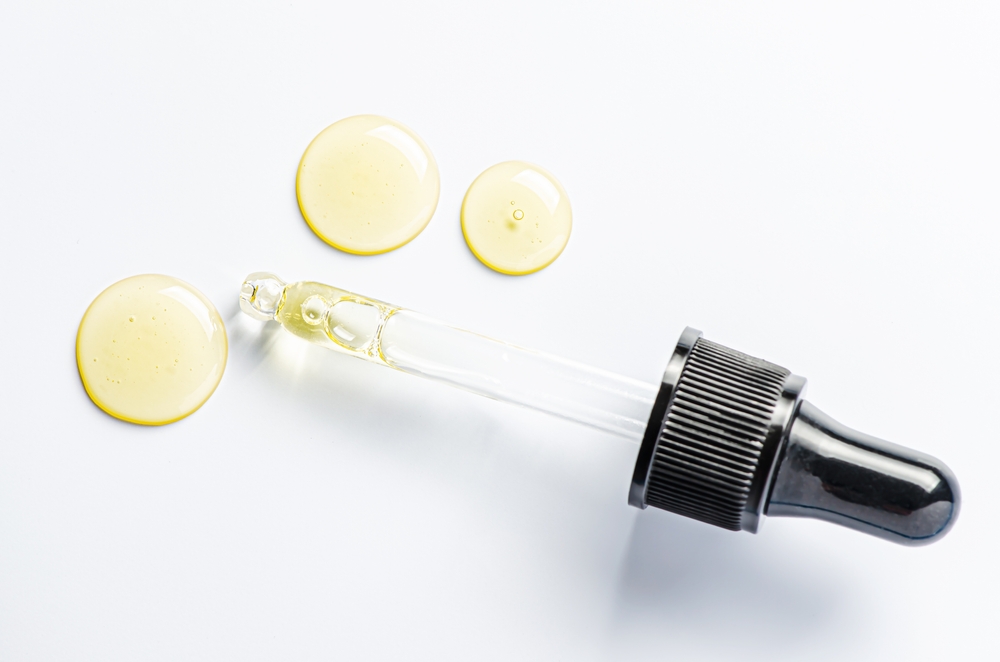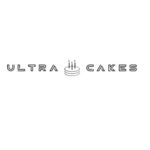Hyaluronic acid (HA) serums have become a staple in skincare routines due to their exceptional hydrating and anti-aging properties. They come in a variety of formulations, from luxurious high-end products to affordable drugstore options. Understanding the differences between these serums can help you make an informed choice based on your skincare needs and budget. In this guest post, we will compare high-end hyaluronic acid serums with their drugstore counterparts, examining factors such as ingredient quality, efficacy, price, and overall value.
What Is Hyaluronic Acid and Why Is It Important?
Before diving into the comparison, it’s essential to understand what hyaluronic acid is and why it’s beneficial for the skin. Hyaluronic acid is a naturally occurring glycosaminoglycan found in connective tissues, skin, and eyes. It’s renowned for its ability to retain moisture—up to 1,000 times its weight in water. This makes it a powerful hydrating ingredient that helps maintain skin elasticity, smoothness, and a youthful appearance.
High-End Hyaluronic Acid Serums: What Sets Them Apart?
High-end hyaluronic acid serums are often marketed as premium products due to their superior formulation, packaging, and branding. Here’s a closer look at what typically distinguishes these serums from their drugstore counterparts:
- Ingredient Quality: High-end hyaluronic acid serums often feature higher concentrations of HA, as well as additional beneficial ingredients such as peptides, antioxidants, and growth factors. These serums may use advanced forms of hyaluronic acid, including low molecular weight HA that penetrates deeper into the skin, providing more intensive hydration.
- Formulation and Technology: Many high-end serums employ advanced delivery systems and technologies to enhance the efficacy of their ingredients. For example, some products use encapsulation technology to ensure that active ingredients are delivered more effectively into the skin. Additionally, high-end brands often invest in research and development to create unique formulations that maximize the benefits of hyaluronic acid.
- Packaging: The packaging of high-end serums is typically designed to protect the integrity of the product. This might include airless pumps or dark glass bottles to prevent oxidation and contamination. While the packaging may not impact the serum’s effectiveness, it does play a role in preserving the product’s quality over time.
- Brand Reputation and Research: High-end skincare brands often have extensive research backing their products, including clinical trials and studies demonstrating their efficacy. These brands typically invest in high-quality ingredients and cutting-edge technology, which can justify the higher price point.
- Price: The cost of high-end hyaluronic acid serums can range from $50 to $200 or more per ounce. This price tag reflects not only the quality of ingredients but also the brand’s reputation and research investments. For some consumers, the higher cost is worth it for perceived superior results and luxury experience.
Drugstore Hyaluronic Acid Serums: Accessible and Effective
Drugstore hyaluronic acid serums are more budget-friendly and widely accessible, making them a popular choice for many consumers. Here’s what you can expect from these more affordable options:
- Ingredient Quality: Drugstore serums often contain lower concentrations of hyaluronic acid compared to high-end products. However, they still offer effective hydration and can include additional ingredients like glycerin or niacinamide. While these serums may not have the advanced forms of HA found in luxury products, they can still provide significant moisture and improve skin texture.
- Formulation and Technology: Although drugstore brands may not use the latest delivery technologies, many still offer well-formulated products that effectively hydrate the skin. These serums often focus on delivering the core benefits of hyaluronic acid without the additional complexities found in high-end formulations.
- Packaging: Packaging for drugstore serums is typically more basic. Many come in plastic bottles or jars, which may not always protect the product from light and air exposure as effectively as high-end packaging. However, many drugstore brands have made improvements in packaging to enhance product stability.
- Brand Reputation and Research: While drugstore brands may not have the same level of research investment as high-end brands, many are backed by reputable companies with a history of effective skincare products. Consumer reviews and dermatologist recommendations can provide insight into the efficacy of these products.
- Price: Drugstore hyaluronic acid serums are generally priced between $10 and $30 per ounce. This affordability makes them accessible to a wide audience and allows consumers to incorporate effective skincare into their routine without breaking the bank.
Comparing Efficacy: High-End vs. Drugstore Serums
When it comes to efficacy, both high-end and drugstore hyaluronic acid serums can be effective, but there are some differences to consider:
- Hydration: Both types of serums provide essential hydration, but high-end serums may offer more intensive hydration due to higher concentrations of HA and advanced delivery systems. Drugstore serums still provide significant moisture and can be effective for maintaining skin hydration.
- Anti-Aging Benefits: High-end serums often include additional anti-aging ingredients that can enhance the serum’s effectiveness in reducing fine lines and improving skin elasticity. Drugstore serums may not have the same level of additional anti-aging components, but they still help in keeping the skin hydrated and plump.
- Long-Term Results: Consistent use of either high-end or drugstore serums can lead to improved skin texture and hydration. However, high-end products may show more noticeable long-term results due to their advanced formulations and additional active ingredients.
- Sensitivities and Reactions: Skin sensitivity can vary from person to person. Some individuals may find that high-end serums, with their complex formulations, are more likely to cause irritation. Drugstore serums, with simpler formulations, may be gentler and more suitable for sensitive skin types.
Choosing the Right Hyaluronic Acid Serum for You
Selecting the right hyaluronic acid serum depends on your individual skincare needs, budget, and preferences. Here are some tips to help you make an informed decision:
- Determine Your Skin Type and Concerns: Consider your skin type (oily, dry, combination, sensitive) and specific concerns (aging, hydration, texture). This will help you choose a serum that addresses your unique needs.
- Evaluate Ingredient Lists: Look for serums with high concentrations of hyaluronic acid and additional beneficial ingredients that suit your skin type. Read ingredient lists carefully to avoid potential irritants.
- Consider Your Budget: Decide how much you’re willing to spend on a hyaluronic acid serum. While high-end products offer premium features, drugstore serums can be just as effective and more budget-friendly.
- Check Reviews and Recommendations: Research customer reviews and seek recommendations from dermatologists or skincare professionals. Reviews can provide insight into the effectiveness and potential issues with a product.
- Start with a Sample: If possible, test a sample of the serum before committing to a full-size purchase. This can help you gauge how well the product works with your skin.
Conclusion
Hyaluronic acid serums are a valuable addition to any skincare routine, offering exceptional hydration and anti-aging benefits. Both high-end and drugstore brands have their advantages, with high-end serums often featuring advanced formulations and technologies, and drugstore serums providing effective hydration at a more accessible price. By understanding the differences and evaluating your own skincare needs and budget, you can choose the best hyaluronic acid serum to enhance your complexion and maintain healthy, youthful skin.


